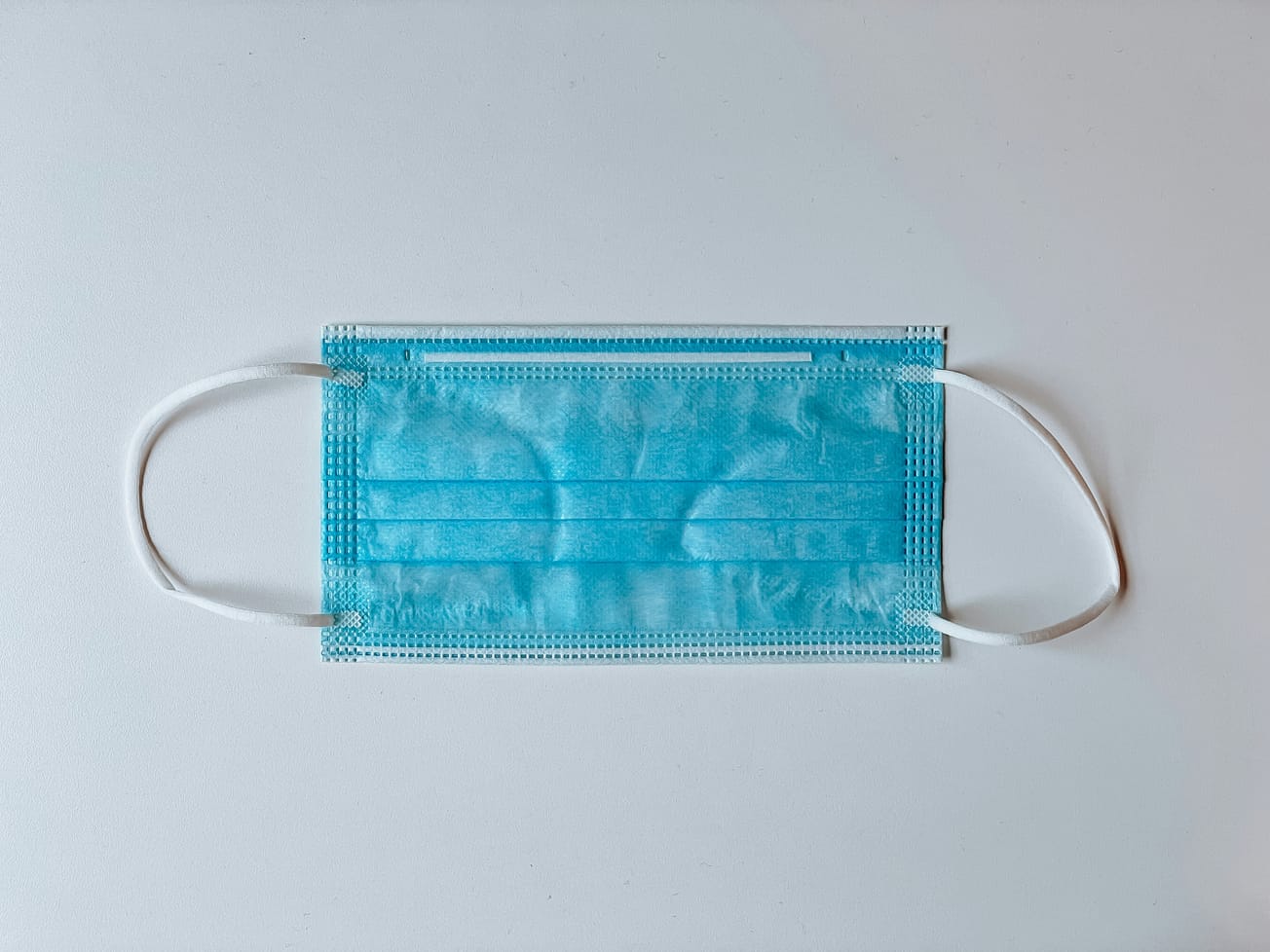Mark Ross, Third Year, French and Politics
The International Swimming Federation (FINA) recently decided to ban “afro” swim caps at the upcoming Olympic Games. This discriminatory measure reminds us that current levels of diversity in sport are far from gold medal-worthy.
“Soul Caps” are swim caps tailored to athletes with “thick, curly and voluminous” hair, such as afros or dreadlocks. They cater for primarily black swimmers, whose hair cannot be protected from chlorine by “regular” caps.
Without adequate protection, afro hair – which is particularly vulnerable to damage from the sodium hypochlorite found in pools – can be permanently eroded.
Banning Soul Caps, therefore, forces athletes from minority backgrounds to choose between fulfilling their Olympic dreams and preserving their appearances.
A swimming cap designed for natural Black hair is banned from the Olympics, reports @guardian.
— AJ+ (@ajplus) July 2, 2021
The Intl Swimming Federation claims the Soul Cap design does not fit "the natural form of the head." Critics say inequalities like lack of proper gear are a barrier to Black swimmers. pic.twitter.com/VBpRqCbTbx
This is clearly a choice Caucasian athletes do not have to make. And this trade-off is reflected in the number of black athletes competing in swimming competitions.
In the United States, only one per cent of almost 400,000 swimmers registered with USA Swimming are African American, according to the USA Swimming Foundation. Only two black swimmers have represented Team GB on the international stage.
Although banning afro swim caps is not entirely to blame for this, this snapshot places FINA’s decision in a context of systemic inequality and historic barriers to participation in swimming for minority groups.
In light of this, FINA's decision seems racially discriminatory
FINA’s regulation exacerbates this divide through discouraging younger swimmers from pursuing their Olympic dreams. How can a teenage athlete – especially in our superficial, Instagram-orientated culture – truly be expected to prioritise their sport over their image?
Additionally, little diversity on the international stage causes a lack of relatability in role models especially for young black swimmers – an important factor in motivating children to pick up a sport.
Afro swim cap Olympic rejection could be reconsidered after backlash https://t.co/WOzxaeRGr7
— BBC News (World) (@BBCWorld) July 5, 2021
In light of this, FINA’s decision seems racially discriminatory; it imposes a barrier to competing for one demographic and not another. But, given its international status and wealth of expertise, surely FINA has a sensible justification for their decision?
This is not the case. FINA stated that the afro caps should be banned because they do not “follow the natural form of the head”. This statement’s only impact has been to serve as a verbal spade with which to dig their publicity hole even deeper.
Is FINA implying that afro hair – and the non-western cultures it derives from – are not “‘natural’”? The ignorance and insensitivity of the governing body is remarkable.
The afro cap debate is the crystallisation of decades of unconscious bias and systemic inequality in the swimming world
On top of this, FINA has offered no alternative solution to swimmers in need of specialist caps. This is a wilful abdication of their alleged commitment to “inclusivity and representation”. But this outmoded organisation is only the tip of the chlorinated iceberg.
Taking a step back, the fact that this problem has only arisen 112 years after FINA’s creation highlights the broader issue of minority inclusion within sports. Black swimmers have not hitherto possessed hair of steel – rather, there were just no black swimmers to complain about this issue.
The afro cap debate is the crystallisation of decades of unconscious bias and systemic inequality in the swimming world. This stems from, among other factors, the historical segregation of pools and staunch social view (particularly, but not exclusively, in the US) that black people should not be allowed to indulge in the traditionally ‘white’ pastime of swimming.
FINA's decision will have a lasting impact on diversity
More recently, due to the economic divide between white and black communities, access to expensive swimming facilities has translated into 80% of young black people in England “‘not swimming”’.
But what does this mean for FINA? Continuing to view the sport through their white-tinted goggles will only serve to preserve and grow the entrenched participation gap between white and black swimmers.
Shoddy swimming metaphors aside: FINA’s decision will have a lasting impact on diversity. If they do not overturn their decision following their recent review, they will be failing in their self-anointed role of proponents of “inclusivity and participation” in global sport.
Featured image: Marcelo Uva
What do you think about FINA's decision? Let us know!









